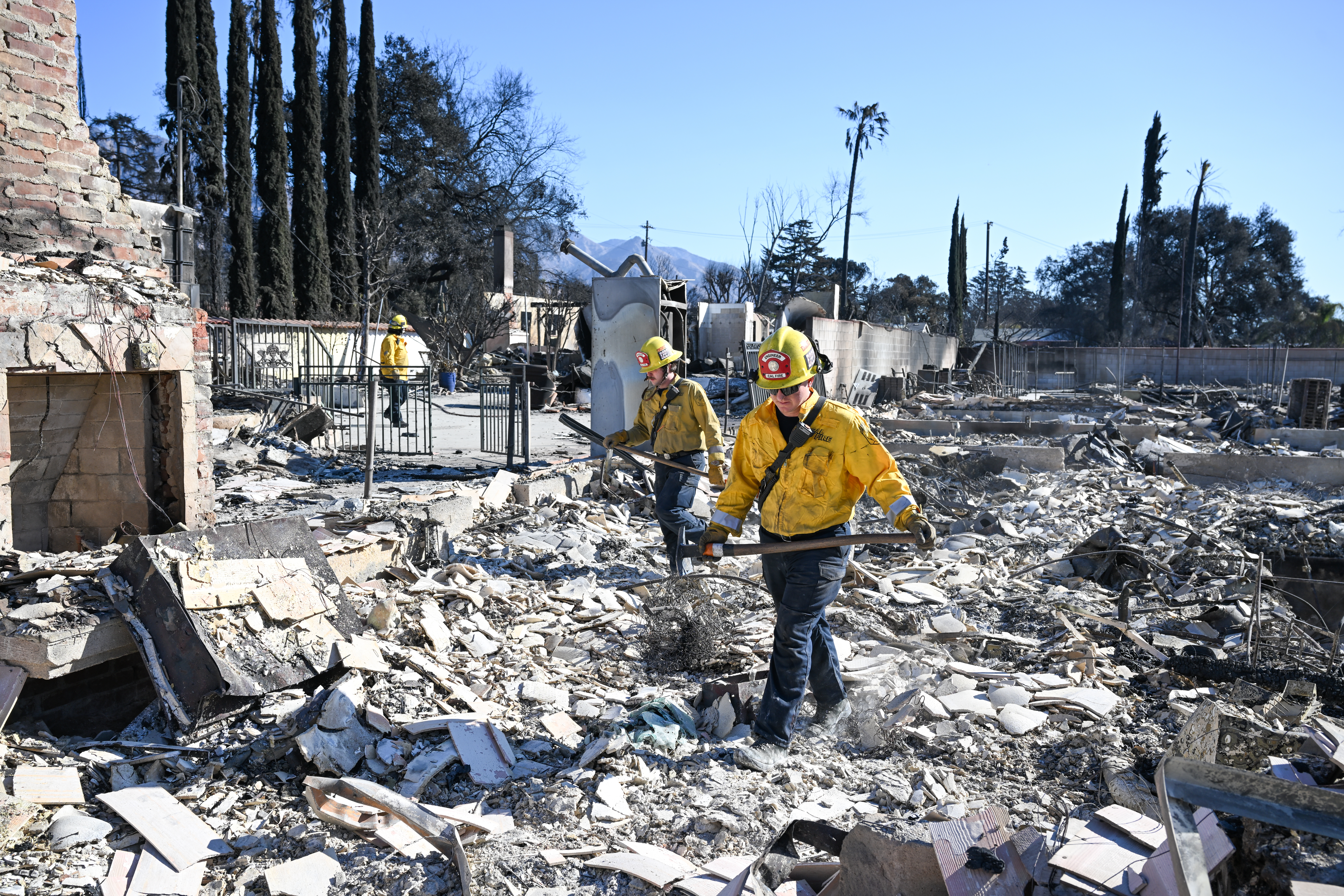Doctors are warning about a rise in colorectal cancer in younger adults and the culprit may be the food choices young people are making.
Doctors are warning about a rise in colorectal cancer in younger adults and the culprit may be the food choices young people are making.
Laying off all tobacco products, staying physically active, limiting how much alcohol you consume and eating a healthy diet are all said to be good ways to ward off cancer.
Stacy Crabb says she did all those things but still was diagnosed with colorectal cancer.
"I was shocked at it actually! It doesn't run in my family, I live a healthy lifestyle, I didn't think I had symptoms so I was totally shocked," said Crabb.
Stacy is one of thousands of Americans under the age of 50 diagnosed with colorectal cancer every year.
Doctors aren't certain of the reason behind the increase, but have a pretty good guess.
"We seem to think that obesity, physical inactivity and a poor diet tend to really contribute the increase of colorectal incidence in people younger than the age of 50," said Dr. Farshid Araghizadeh, surgeon and colorectal cancer specialist at Texas Digestive Disease Consultants.
U.S. & World
News from around the country and around the globe
The good news is there are better ways to treat the cancer.
It's best when found early. Doctors can use SPY technology to find the affected parts of the colon and remove it out, often times with minimally invasive surgery.
"It makes it so much easier and so much safer for our patients and it has allowed us to improve our outcomes," said Dr. Araghizadeh.
The key though is catching it early which means getting regular colonscopies.
Even though Crabb didn't have any risk factors, she still went in, on the advice of a friend, for her first colonscopy when she turned 50.
"She had always encouraged me that it really isn't a big deal with you think about that you won't have cancer. You will just have an inconvenient evening," said Crabb.
It was life saving decision facing younger and younger Americans.
The American Cancer Society recommends that people at average risk of colorectal cancer start regular screening at age 45.
For screening, people are considered to be at average risk if they do not have:
For screening, people are considered to be at average risk if they do not have:
-A personal history of colorectal cancer or certain types of polyps
-A family history of colorectal cancer
-A personal history of inflammatory bowel disease (ulcerative colitis or Crohn’s disease)
-A confirmed or suspected hereditary colorectal cancer syndrome, such as familial adenomatous polyposis (FAP) or Lynch syndrome (hereditary non-polyposis colon cancer or HNPCC)
-A personal history of getting radiation to the abdomen (belly) or pelvic area to treat a prior cancer



